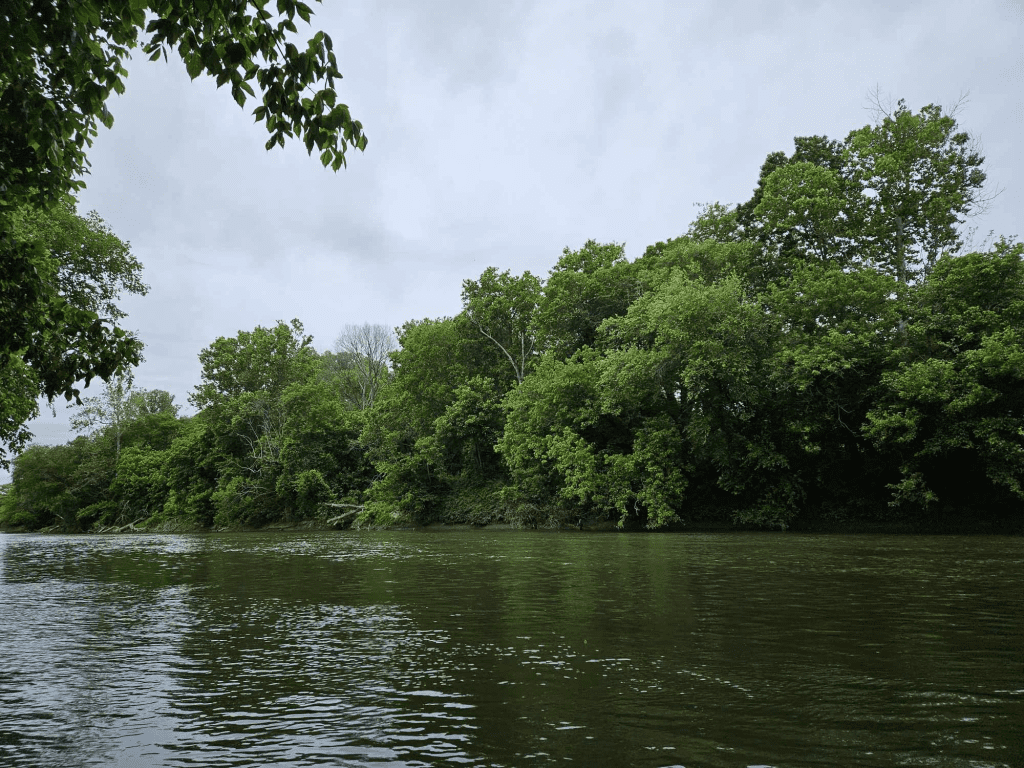Contact:
Ben Luckett, Appalachian Mountain Advocates, 304-645-0125, bluckett@appalmad.org
Hannah Wiegard, Appalachian Voices, 804-536-5598, hannah@appvoices.org
Anne Havemann, Chesapeake Climate Action Network, 240-396-1984, anne@chesapeakeclimate.org
Kirk Bowers, Virginia Chapter, Sierra Club, 434-296-8673, kirk.bowers@sierraclub.org
The proposed Mountain Valley Pipeline that would carry natural gas fracked in northern West Virginia 301 miles through West Virginia and Virginia is not needed, would cause irreparable harm to the environment and private property, and should be denied, according to documents filed with the Federal Energy Regulatory Commission by environmental groups. The filing also faults FERC for suggesting that it may not conduct a comprehensive review of the pipeline’s environmental impacts as it earlier promised to do.
On behalf of 17 groups in Virginia and West Virginia (listed below), Appalachian Mountain Advocates last Friday filed with FERC a formal protest and motion to intervene in the permit process for the project. The groups are also asking for an evidentiary hearing.
Last month, many of the same groups filed a similar challenge to the proposed 564-mile Atlantic Coast Pipeline. In addition, the groups and countless citizens in both states are calling on FERC to review the comprehensive and cumulative impacts of these two pipelines plus two others that are also being considered for the mid-Atlantic.
Mountain Valley Pipeline, LLC filed an application with FERC on October 23, to build the interstate gas pipeline. FERC is tasked with determining whether the pipeline will serve the “public convenience and necessity” and coordinating an environmental review of the pipeline. If the agency determines that the harm from the pipeline outweighs the benefit, it is supposed to deny the application.
In their 59-page filing, the environmental groups describe in detail how the company presented flawed and exaggerated information about the need for the pipeline, while ignoring the impacts to the environment, landowners, communities and the general public, as well as the economic and environmental benefits of cleaner sources of energy that development of the pipeline would displace. In particular, the project would:
- Fragment the heart of the largest remaining wild landscape in the eastern U.S.;
- Cut through farms that have been held in families for generations, severing people’s attachment to their home place;
- Lower property values in the vicinity of the pipeline and gas drilling areas;
- Exacerbate health and environmental threats in communities near the fracking operations; and
- Further commit the nation to long-term dependence on climate-altering fossil fuels.
The groups also fault FERC for suggesting that it may conduct only a limited environmental assessment of the pipeline, contrary to its initial indication that it would do a full-blown environmental impact statement. To merit the more comprehensive review, a project must have “significant” environmental effects. In their filing, the groups stress that the pipeline would have numerous severe impacts on forests, streams, wetlands, karst systems, air quality, the climate, wildlife (including sensitive, threatened, and endangered species), and human communities, and urged FERC not to cut corners.
Ben Luckett, Staff Attorney with Appalachian Mountain Advocates: “The Mountain Valley Pipeline is a bad deal for the Appalachian region. The project would disrupt communities, pollute our water, fragment forests, harm wildlife, and pose a risk of dangerous accidents, all to enrich a small number of shareholders. All of that for a project the company has not shown is needed to meet our energy needs. Instead of investing in outdated technology that locks us into many years of burning climate-altering fracked gas, we need to look to the future and build our clean energy economy.”
Hannah Wiegard, Virginia Campaign Coordinator with Appalachian Voices: “Appalachian communities have been hard-hit by the fracking boom, and now face the threat of a huge natural gas pipeline that would be built over steep mountain slopes, cross dozens of streams, and cut through vital public lands and private farms. Not only would this pipeline worsen the impacts of fracking in those communities, it would lock us into decades of dependence on dirty energy and divert investment away from cleaner, more sustainable energy sources.”
Anne Havemann, General Counsel for the Chesapeake Climate Action Network: “The Mountain Valley Pipeline will lock Virginia and the region into decades of reliance on a fossil fuel that is just as bad as coal for the climate. To compound matters, FERC has already indicated that it plans to cut corners by conducting a cursory and insufficient environmental review of the pipeline. If FERC did its job, it would be clear that wind, solar, and energy efficiency alternatives are the way to go, especially with worsening storms and flooding already wreaking havoc across Virginia.”
Kirk Bowers, Pipelines Campaign Manager, Virginia Chapter, Sierra Club: “Another pipeline for natural gas transport continues the devastating practice of fracking and locks our communities into 30 more years of suffering and environmental impacts. The cumulative impacts of the Mountain Valley Pipeline combined with the impacts from the Atlantic Coast Pipeline and the WB Express pipeline require a regional analysis of all the pipelines in Virginia and West Virginia. No one knows if all these pipelines are necessary or needed. FERC does not have a requirement to perform a regional Environmental Impact Statement review. In fact, FERC has no real oversight review and direction. It is a rogue agency that rubber stamps approval of pipelines and natural gas facilities. FERC never met a pipeline that it didn’t like.”
Groups filing motions to intervene:
Appalachian Mountain Advocates; Appalachian Voices; Chesapeake Climate Action Network; Friends Of The Lower Greenbrier River; Greenbrier River Watershed Association; Headwaters Defense; Preserve Bent Mountain; Preserve Giles County Virginia; Preserve Greenbrier County; Preserve Monroe; Preserve Montgomery County Virginia; Protect Our Water, Heritage, Rights; Save Monroe; The Sierra Club; The Sierra Club (Virginia Chapter); Summers County Residents Against The Pipeline; West Virginia Highlands Conservancy; and West Virginia Rivers Coalition.



